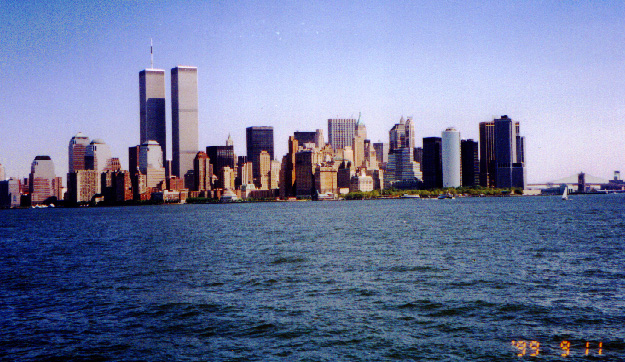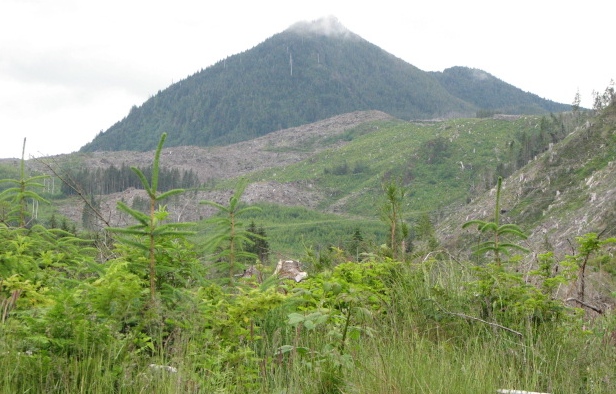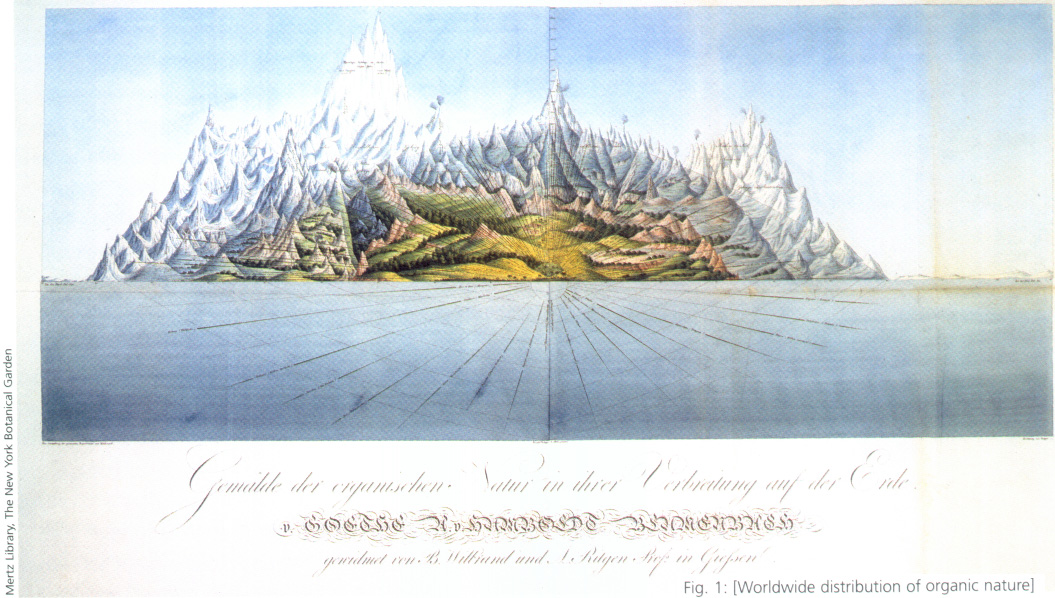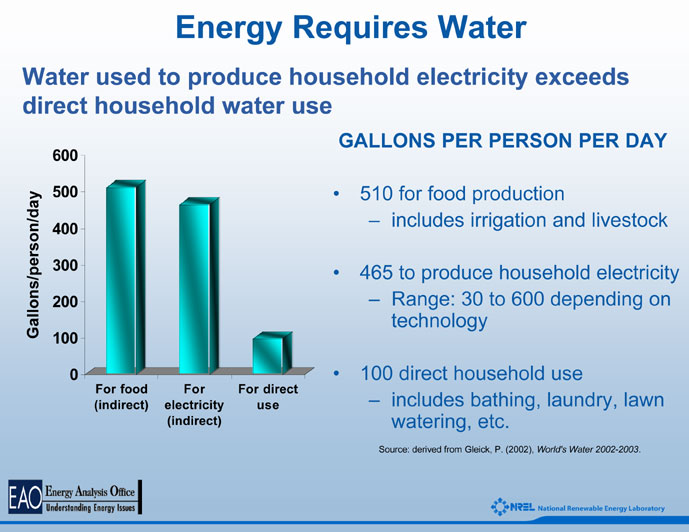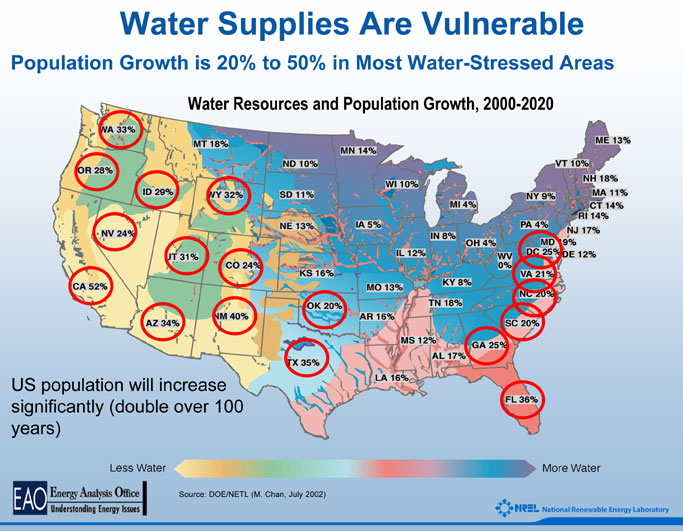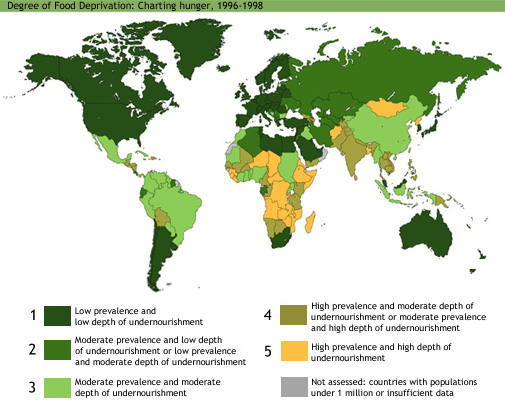Does the world have a carrying capacity?

"When one thinks in terms of total carrying capacity, the comparative rates of population growth and subsistence increase become almost irrelevant."
Hardin, p. 9.
"Seeking the Earth's carrying capacity for human beings activates profound questions of value, questions that the discipline of economics has, ostrich like, been evading for more than two centuries. .. . .can easily identify hundreds of such limiting factors; we must declare which one(s) should be limiting."
"How many people?"
Hardin, p. 133.
Carrying capacity is the capability of the landscape and watershed to endure human impact and render continuing life support for rising consumption demands of a population.
Oregon coastal mountainside logging.
20 √ "So did it teach us anything?
" the fish catch from the world's oceans peaked in 1989 at nearly 90 million tons, and then began to drop."
"To really understand the limits to abundance you need to go to places where people have been careful, like the great salmon fishery in Alaska's Bristol Bay."
" . . . we're right back to our question of limits.
"
p. 84-87, McKibben. (Post to Wiki).
“Using his burgeoning intelligence, this most successful of all mammals has exploited the environment to produce food for an ever increasing population. Instead of controlling the environment for the benefit of the population, perhaps it's time we controlled the population to allow the survival of the environment.”
― David Attenborough
Eleven percent of the earth's surface is arable land with marginal or more sources of renewable water, that is only going to dwindle.
![]()
Landscape and watershed
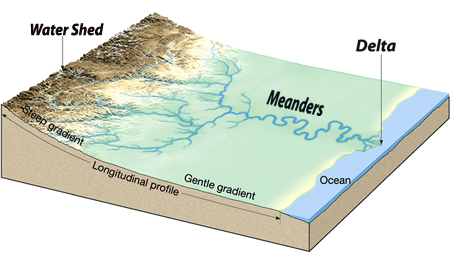
"As our demands grow greater, our complaints against nature's inadequacy are heard by all."
Tertullian [200 Ad] quoted in Hardin, p. 10.
"Implicitly, Tertullian was thinking in terms of limits and carrying capacity."
"Thou shalt not transgress the carrying capacity."
Hardin, p. 12.
Energy is the key to the "T," & water is the key to electricity!
The "T" in I = P * A * T
Technology times Affluence times Population [population density] is equal to human impact.
energy = water and fuel
irony
The entire “human species… an agent of geological proportions.”
“in our efforts to make the earth yield more for ourselves, we are diminishing its ability to sustain life of all kinds, humans included.” (3)
Sandra Postel, “Carrying Capacity: Earth’s Bottom Line” State of the World, (NYC:Norton,1994). pp. 3-21.
Electrical Power generation in the US
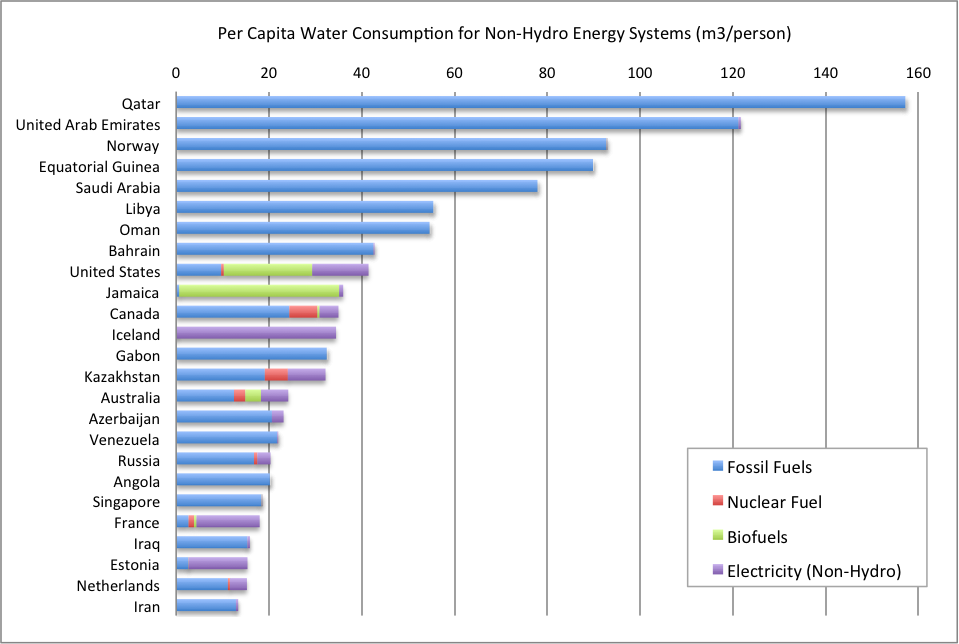
![]()
McKibben, pp. 67-68, 74-75,106-108, 206-208.
The loss of demographic perspective: meaning that population, technology, and affluence drive consumption that adversely impact people's health undermining the carrying capacity and generate migration.
Siry 8 Gender Determination, &
"population thinking" as the basis for social conditions.
27 Thanksgiving holiday, no class
December
2 Reports – Is Hardin's challenge realistic?, prepare a three minute presentation to analyze passages from Hardin.
4 Reports – Food & nutrition, the costs of agriculture and environmental impacts. Prepare a four minute presentation to contrast analyzed passages from McKibben with Hardin. How do they differ?
9, Tuesday, Final Exam 2-4 PM. You stay for the entire 2 hours.
![]()
Primary sources:
Jonathan Swift, see notes here
Thomas Malthus, see this index, Thomas Malthus 1798
Margaret Sanger, see notes here
Charles Fourier was the son of a wealthy cloth merchant family and worked in sales of silk textiles all his life beginning in Lyon, France. He was without a formal education but became a self-taught utopian socialist who opposed Malthus, Bentham, Smith and other British thinkers of the Enlightenment. He was an advocate of communes and sexual liberation as he viewed his society as hopelessly repressed and workers denigrated by their tediously specialized and rapidly industrializing working conditions. By rejecting the prevailing patriarchy of his times, "Fourier was also a radical feminist. He considered the position of women in his society as a form of slavery. In one famous passage, he set it down that the level of any civilization could be determined by the extent to which its women had been liberated." (19th Century Utopian Socialists: early phase).
A Population Course Described
ENV-205.H1 World at Seven Billion
T-Th; Bush 202 J. V. Siry Ph.D.
2:00 PM - 3:15 PM 407-646-2648.
![]()
Class time is important for all of us to learn as a group and to excel as individuals interested in improving your skills, enhancing comprehension, and practicing formulating arguments, so always listen carefully to others.
So arrive on time, with the assigned readings completed, and a readiness to write about the key concepts from the readings (often posted on the web site that accompanies the course). Classes usually include free writing, group discussion, and computer work; so do come prepared to express your understanding or misunderstandings of what the assigned readings have meant and the questions these authors raise.
